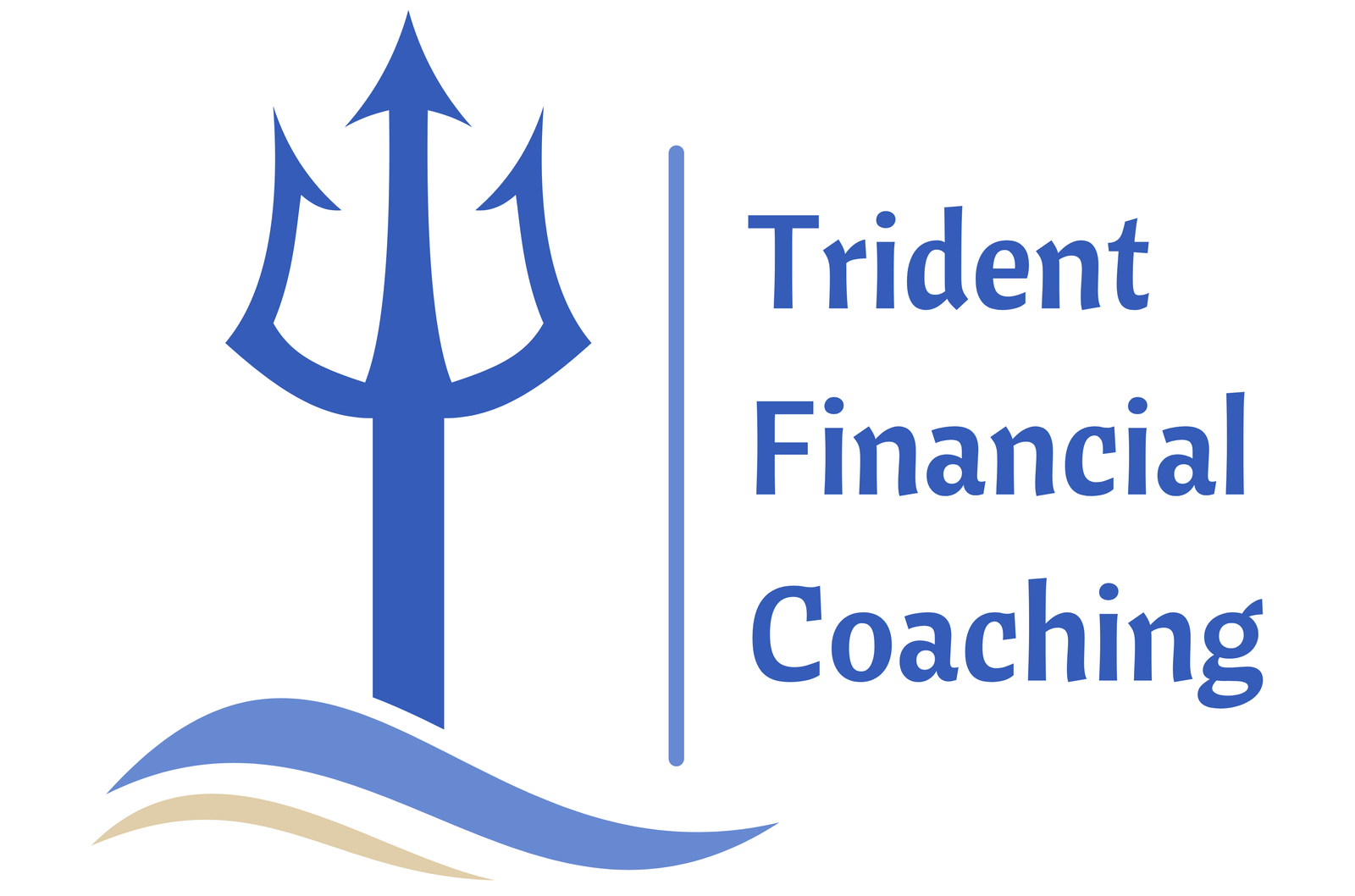I started my first full-time job in January of 2022. I remember sitting in the very back of the conference room with all the other new hires—about 25 of us in total, almost all of us fresh out of college.
Going through my onboarding tasks, I came across what I knew I would feel most uneasy about: retirement elections. I was unsure, hesitant, and eager at the same time as I read through the blur of prompts: Fidelity, 401(k), HSA, profit sharing, matching, contribution percentage, traditional, Roth. My prior research made me familiar with those words, but they weren’t intuitive at the time. I stumbled through it, struggling to implement the little I felt like I knew.
There was not a life-altering revelation in that moment, but in hindsight, I now draw empathy from that experience. I understand how hard it is to start, even when you have a decent grasp of what it is you’re wanting to accomplish. It wasn’t for a lack of caring—of course I wanted to set myself up for a successful financial future. It was a lack of confidence in my understanding of personal finance.
I looked around the conference room at my new peers. They too were clicking away at their onboarding tasks; some chatted with others while some focused only on their task at hand. Everyone seemed comfortable in their own way, looked like they were doing what needed to be done.
Knowing what I do now, I was almost certainly wrong. To everyone but ourselves in that conference room, we all looked like we knew what we were doing, like we had things under control. Really, most of us were just trying to stay afloat.
That’s a lot of life when you boil it down.
As a whole, we are generally bad with our money. This is what was really happening in that conference room as it relates to retirement: 34% didn’t contribute enough to get the full employer match (9 out of 25).
This error, along with many others, leads to the following results in the future:
- 56% will feel they are behind on retirement savings (14 out of 25), of which 37% will feel they are “significantly behind” (9 out of 25)
- 45% will believe it’s unlikely they’ll be able to save enough to retire comfortably (11 out of 25)
There are plenty more statistics I’ll get to in future The Trident posts when it comes to the average American’s personal finances (spoiler alert—the average is not good). But, of all the statistics I’ve come across, this is one of my favorites: 89% want to increase emergency savings, pay down debt, or both (22 out of 25).
In other words, almost 90% of us want to be better with our money. But as I learned while stumbling around on my keyboard in that conference room, starting can be the hardest part.
That is why Trident Financial Coaching exists: it’s the kickstart you need to get your financial life in order. I will walk with you through your financial past, evaluate your financial present, develop a plan of attack for your financial future, and even help keep you accountable to the plan along the way.
Consider Trident Financial Coaching the onboarding for the rest of your financial life.
"Is Financial Coaching Right for You?" Questionnaire
Fill out this questionnaire to gauge your understanding of your finances and see if Trident Financial Coaching could benefit you!
Schedule a Free Consultation
Schedule your free consultation here and receive a discount code for a future booking!
Check out the Free Resources!
I've developed various calculators and tools for you to use to help get your financial life in order. Check them out!
